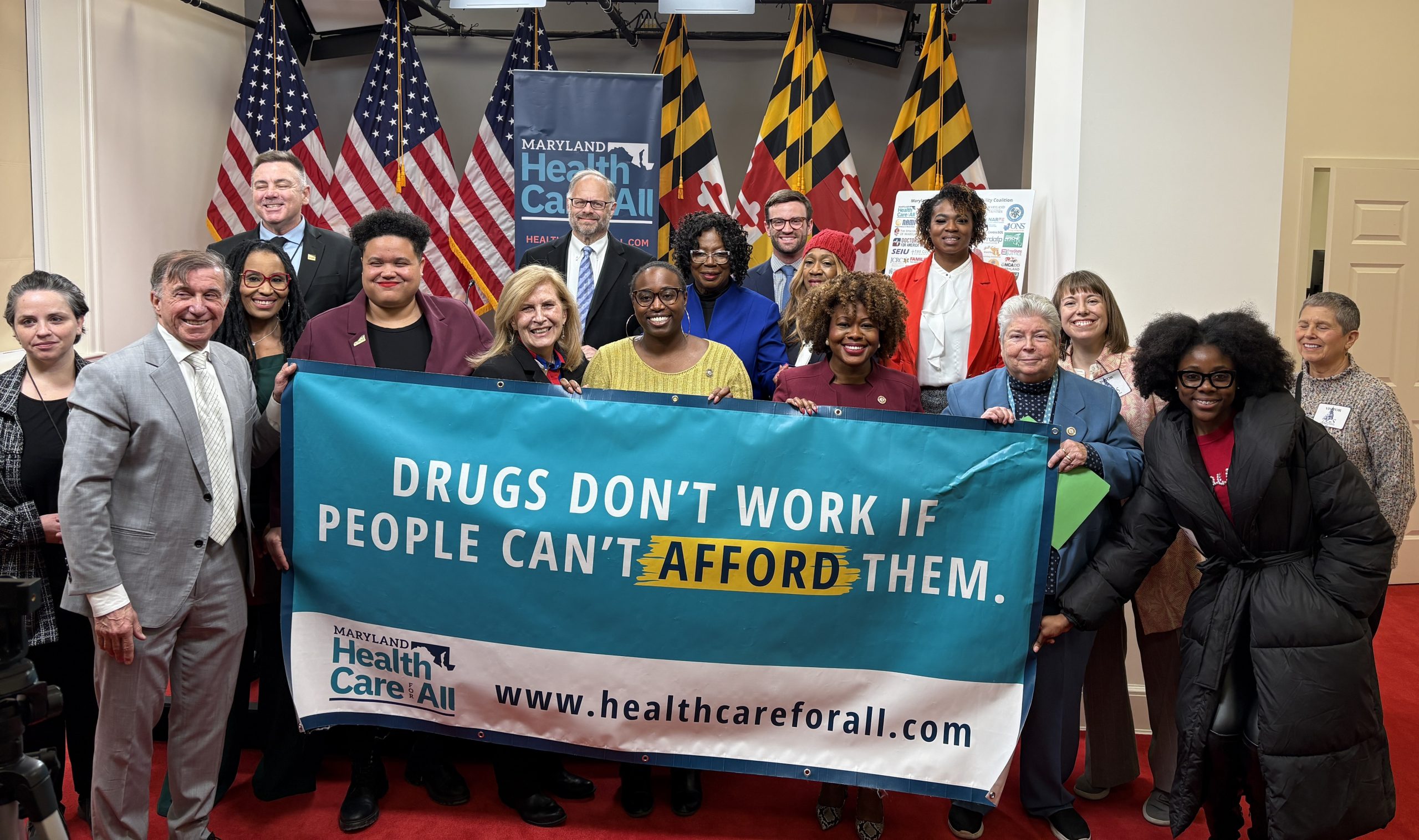Baltimore Sun
January 21, 2017
Op-ed
Health care spending is skyrocketing in this country. While many national conversations have focused on what will happen to the Affordable Care Act under President Donald Trump’s administration, there is another threat to health that cannot be forgotten: the high cost of prescription drugs.
In fact, prescription drugs are one of the most significant drivers of health care costs. Although drug companies’ innovation is essential to developing lifesaving drugs, no lives can be saved if people cannot afford medications in the first place.
One out of every four Americans says that paying for their prescription drugs is difficult, according to a poll by the Kaiser Family Foundation. The share of people facing difficulties is even greater among those with low incomes, who take several medications or who are less healthy. Many forgo medications to pay for rent, food and other necessities.
Last year, there was public outcry when the medication Epinephrine, more commonly known as an EpiPen, ballooned from $50 to $600 for just two doses. Parents had to stop carrying EpiPens at the risk of their children’s lives. Meanwhile, Martin Shkreli, then CEO of Turing Pharmaceuticals, stoked national outrage when he defended raising the price of the 62-year-old anti-parasite drug Daraprim from $13.50 to a whopping $750 per pill. “I am a capitalist who plays to win,” he said as justification.
These practices are unfair and inhumane.
As leaders who, respectively, safeguard the health and well-being of 620,000 residents in Baltimore, and represent the interests of the 50-plus community and their families across Maryland, we believe that health — and true access to care — is a basic human right. For us, wellbeing is a matter of social justice.
Ensuring that life-saving and life-enhancing prescription drugs remain accessible and affordable is key to promoting the health, wellness and security of families and communities.
Unfortunately, for far too many in Baltimore, and countless thousands around Maryland, health remains out of reach because of cost.
We cannot have an honest discussion about curtailing health care costs without looking at the double and even triple-digit increases in some of the most commonly prescribed medications. Higher prescription-drug spending increases costs for taxpayer-funded programs such as Medicare and Medicaid. This translates into higher taxes, cuts to public programs or both.
Tragically, this issue is not exclusive to certain medications or certain manufacturers. Prescription drug prices continue to rise by double digits each year, even for drugs that have been on the market for years and long have had generic formulations.
This has been seen firsthand as the Baltimore City Health Department continues its effort to put naloxone, the medication that can completely reverse the effect of an opioid overdose, into medicine cabinets and first aid kits across Baltimore. Since issuing a blanket prescription for the medication for all of our city’s residents, we have trained over 17,000 Baltimoreans to administer naloxone. These every day citizens have in turn saved more than 531 lives since last year.
However, those of us on the front lines are paying the price. The cost of naloxone has more than doubled in just a few years, meaning that we have to make difficult decisions about to whom we distribute naloxone. This makes no sense, as naloxone is a generic medication available for pennies in other countries. At a time when the epidemic of opioid addiction is sweeping our country and has taken hold in Maryland, it’s unconscionable that we are priced out of saving lives because of the cost of a medication.
This month, policymakers in Annapolis introduced an effort to push back. Thanks to a series of bills introduced by Attorney General Brian Frosh, Sen. Joan Carter Conway, and Del. Eric Bromwell, we have an opportunity to help make sure that prescription drugs more affordable for Marylanders.
The proposed legislation would require drug companies to disclose the basis of their high price drugs and notify the public before substantial price increases, and it would give the attorney general the authority to take legal action to stop prescription drug price gouging.
By creating a transparent market, consumers will be able to see, understand and question manufacturers’ justification for drug price increases. We look forward to working with and supporting leaders across Maryland to make this life-saving proposal a reality.
Dr. Leana Wen is the commissioner of health in Baltimore City; Twitter: @DrLeanaWen and @BMore_Healthy. Hank Greenberg is the AARP Maryland State Director. Twitter: @AARPMD.
Last modified: January 23, 2017


